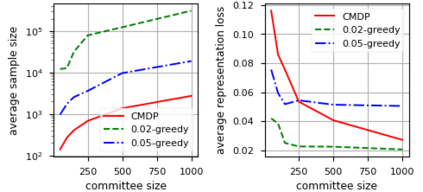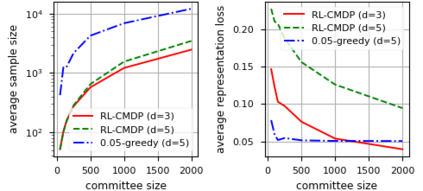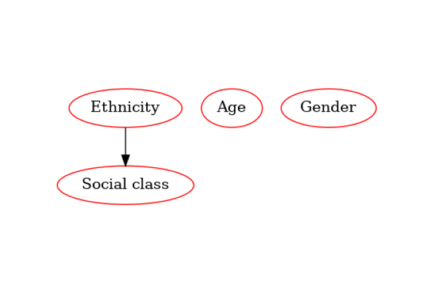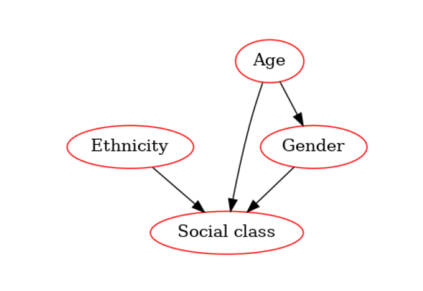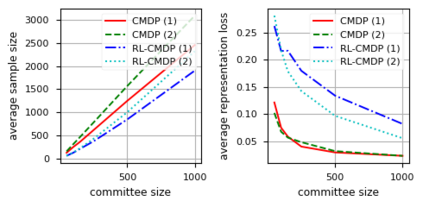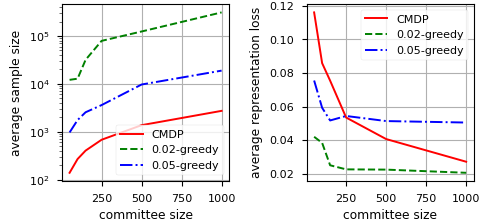Citizens' assemblies need to represent subpopulations according to their proportions in the general population. These large committees are often constructed in an online fashion by contacting people, asking for the demographic features of the volunteers, and deciding to include them or not. This raises a trade-off between the number of people contacted (and the incurring cost) and the representativeness of the committee. We study three methods, theoretically and experimentally: a greedy algorithm that includes volunteers as long as proportionality is not violated; a non-adaptive method that includes a volunteer with a probability depending only on their features, assuming that the joint feature distribution in the volunteer pool is known; and a reinforcement learning based approach when this distribution is not known a priori but learnt online.
翻译:公民大会需要根据其在一般人口中的比例代表亚人口。这些大型委员会通常是通过在线方式建立,与人们联系,要求了解志愿人员的人口特征,决定是否纳入这些特征。这在接触的人数(和产生成本)和委员会的代表性之间产生了一种权衡。 我们研究了三种理论和实验方法:贪婪的算法,只要不违反相称性,就包括志愿人员;非适应性方法,包括可能仅取决于其特征的志愿人员,假设已知道志愿人员人才库的共同特征分布;如果事先不知道这种分布,但在网上学习过,则采取强化学习方法。

